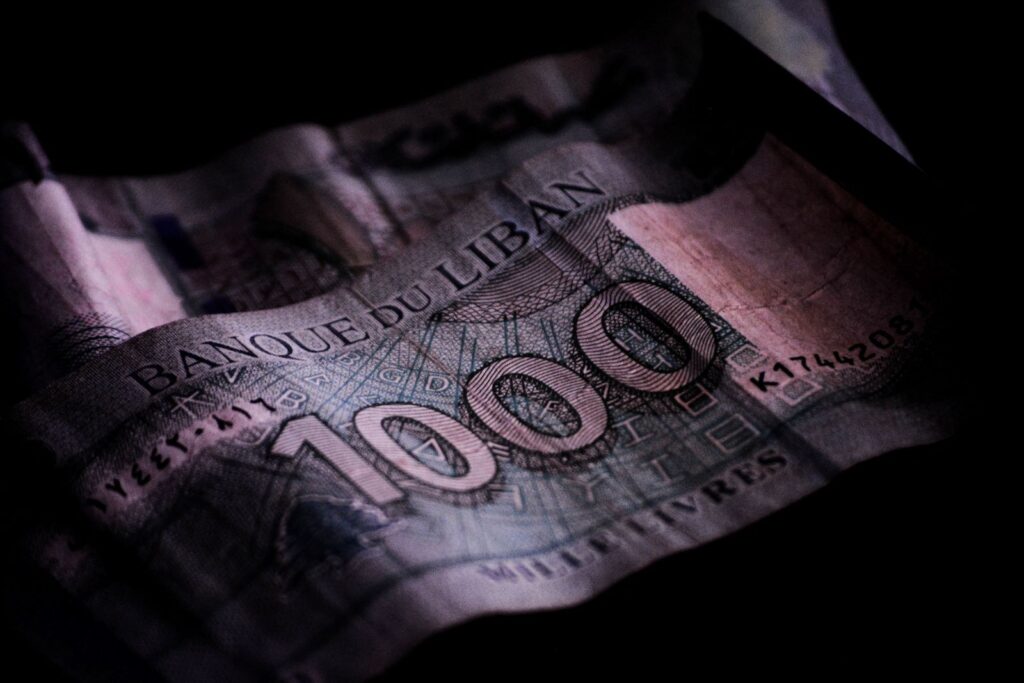Impact of Presidential Election Uncertainty on Lebanese Economy
Uncertainty surrounding the upcoming presidential election in Lebanon has led to a plunge in currency circulation and a decline in the country’s total assets. As per recent figures released by the World Bank, Lebanon’s real GDP growth has been significantly impacted, with a projected 6.6% decrease in 2024. This ongoing conflict has contributed to a cumulative decline in real GDP of more than 38% since 2019, according to the latest World Bank Lebanon Economic Monitor.
Challenges in the Economic Landscape
Lebanon’s annual inflation rate saw a decrease to 32.92% in September 2024, a positive outcome attributed to the stabilization of the exchange rate. However, the escalating political and military tensions in the Middle East pose a threat to supply chains, leading to potential disruptions and increased inflation. Additionally, the conflict with Israel raises concerns about the importation of essential goods, which could further drive up prices in the market.
Banking Sector Struggles
The Lebanese banking sector is facing significant challenges, with a decline in total assets and an increase in financial difficulties. The Fall 2024 edition of the World Bank Lebanon Economic Monitor projects a contraction in economic activity by 5.7% in 2024, resulting in a loss of US$4.2 billion in consumption and net exports. The conflict has placed immense pressure on Lebanon’s economy, highlighting the urgent need for comprehensive reforms and targeted investments to stimulate recovery post-conflict.
Lebanese Banking Sector Downfall
Since 2019, Lebanon has been grappling with an economic crisis that has had a profound impact on various sectors, especially the banking industry. As a result of severe inflation, devaluation of the Lebanese pound, and widespread unemployment, many banks have been forced to downsize and restructure. The number of bank branches has significantly decreased, and the workforce in commercial banks has shrunk by 35%.
The Road Ahead: IMF Reforms and Economic Recovery
One of the crucial steps towards economic recovery in Lebanon is the implementation of IMF reforms. While this process may be lengthy and challenging, reaching an agreement with the IMF could pave the way for new investments and a more stable economy. Addressing corruption and ensuring effective governance will be key to the success of these reforms and the long-term prosperity of Lebanon.
Source : nowlebanon.com
